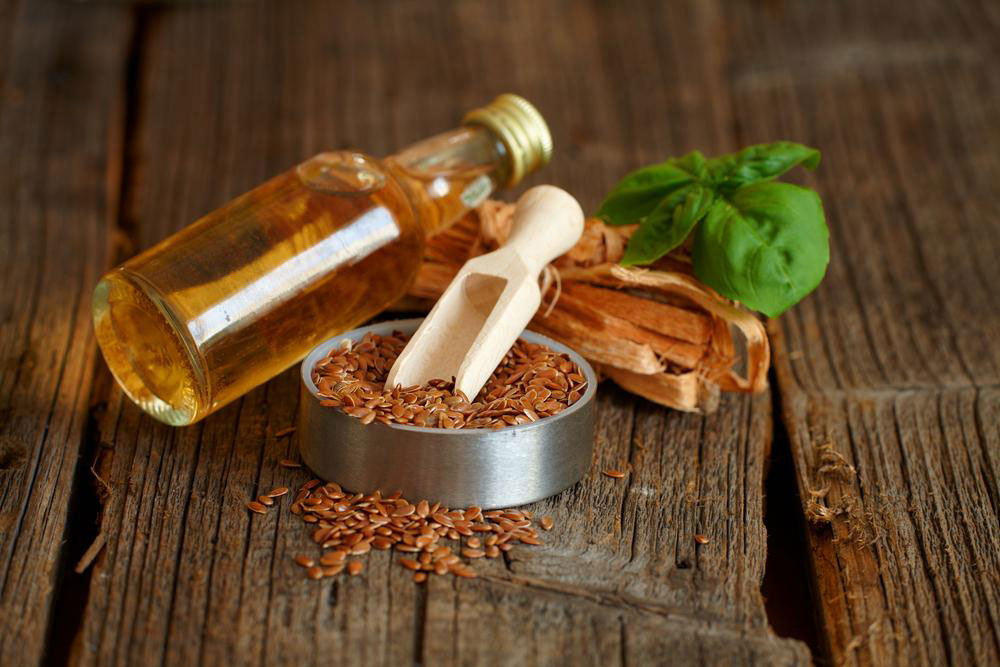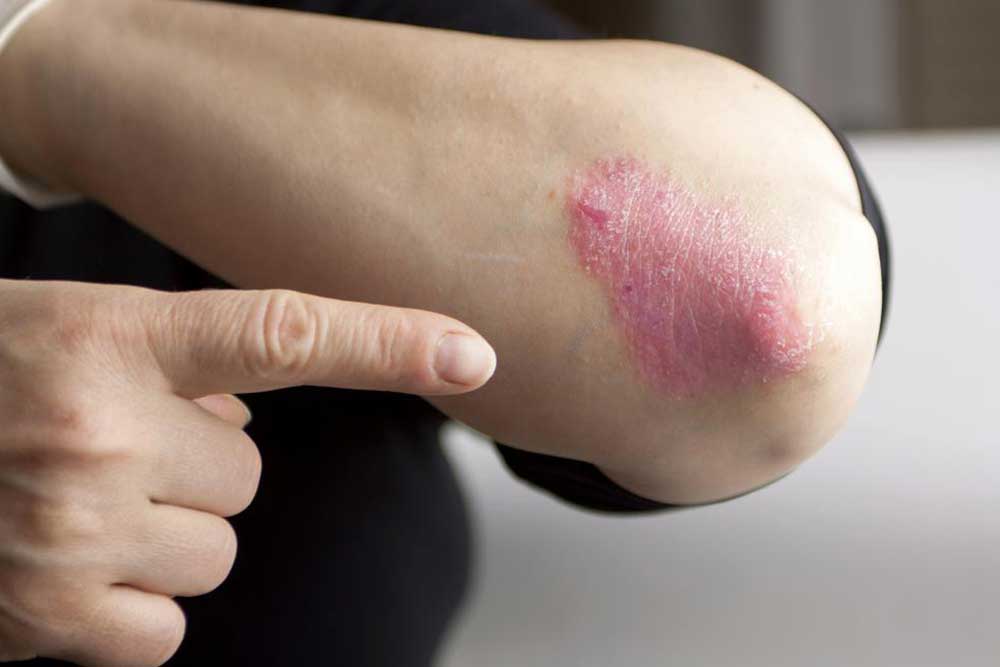Effective Natural Strategies to Relieve Eczema Symptoms at Home
Discover effective natural methods to soothe and manage eczema symptoms at home. From herbal baths and dietary tips to topical remedies, this guide provides comprehensive strategies to improve skin health and reduce flare-ups. Perfect for those seeking safe, gentle relief without relying solely on medication.

Effective Natural Strategies to Relieve Eczema Symptoms at Home
Millions of people across the globe are affected by eczema, a common yet complex dermatological condition that causes inflamed, itchy, and dry skin. In the United States alone, over 30 million individuals suffer from some form of eczema, making it a widespread concern for many. Eczema is not a single disease but a broad term encompassing various skin conditions such as atopic dermatitis, contact dermatitis, and dyshidrotic eczema—also known as hand eczema. Understanding the root causes and exploring natural remedies can significantly improve quality of life for those affected.
Eczema is influenced by a multitude of factors, including genetic predisposition, environmental triggers, immune system dysfunction, and lifestyle choices. While conventional treatments often involve corticosteroids and medicated creams, many individuals seek natural, gentle methods to manage symptoms at home. These approaches can help alleviate discomfort, reduce flare-ups, and promote skin healing when used appropriately.
Understanding the Causes and Risk Factors of Eczema
Genetics plays a crucial role; if eczema runs in your family, you may be more susceptible to developing the condition.
Adolescents with obesity are at increased risk, highlighting the connection between metabolic health and skin conditions.
Vitamin D deficiency during pregnancy or poor nutrition can influence early skin development and eczema susceptibility.
Environmental factors such as exposure to harsh chemicals, pollution, extreme temperatures, and allergens can trigger flare-ups.
Stress and immune system dysfunction contribute to the severity and frequency of eczema episodes.
Common Triggers and Contributing Factors
Especially important for managing eczema are understanding the causes that can worsen symptoms. These include immune system issues, environmental allergens like pollen or pet dander, irritants present in soaps or detergents, and physical factors like temperature fluctuations or sweating. Recognizing personal triggers can help in preventing flare-ups and maintaining healthier skin.
Proven Home Remedies to Soothe and Heal Eczema
While severe cases require medical intervention, mild to moderate eczema symptoms can often be managed effectively at home. Incorporating these natural methods into your skincare routine can provide relief and improve skin health:
Bath Treatments: Using specific ingredients in bathwater is a time-tested way to hydrate and soothe irritated skin. Adding vegetable oils such as olive or mineral oil to warm bathwater creates a protective barrier that locks in moisture. For added nourishment, mixing olive oil into milk and pouring it into your bath can help soften dry skin. Incorporating oatmeal or Epsom salt into your bathwater can reduce inflammation and itching. Aromatherapy with calming essential oils like lavender not only relaxes the mind but also relieves tension in skin tissues.
Vegetable Shortening: An effective topical approach involves applying a thick layer of vegetable shortening directly onto affected areas. Covering the skin with plastic wrap and securing with tape allows the oil to deeply moisturize cracked or severely dry skin. Leave it on for a few hours or overnight, then gently wash away. Repeating this process as needed can facilitate skin repair and decrease discomfort.
Turmeric: A golden spice with potent anti-inflammatory effects, turmeric — specifically its active compound curcumin — can be taken as a supplement or added to foods. Its ability to reduce inflammation makes it beneficial for managing eczema flare-ups.
Apple Cider Vinegar: Diluted apple cider vinegar can serve as a natural soothing agent. Applying it with a cotton ball to inflamed skin can help balance pH levels and hinder bacterial growth. However, caution is necessary—avoid applying if your skin is cracked or open to prevent irritation or burning.
Tea Tree Oil: Known for its antimicrobial properties, a diluted mixture of tea tree oil and carrier oil like olive or coconut oil can minimize itching and bacterial colonization, especially in mild cases. Always test for sensitivity before widespread use.
Flaxseeds: Rich in omega-3 fatty acids, flaxseeds can be incorporated into your diet through ground flaxmeal or flaxseed oil. Regular consumption helps reduce systemic inflammation and support skin barrier health.
Aloe Vera: Extracting fresh aloe vera gel from leaves provides a natural remedy for eczema. Its soothing, anti-inflammatory properties aid in reducing itching and speeding up healing. Store-bought aloe vera gels should contain minimal additives for best results.
Fish Oil Supplements: Consuming omega-3-rich fish like sardines, mackerel, or supplements thrice weekly can aid in reducing systemic inflammation associated with eczema. Be cautious about omega-6 fats, which may exacerbate inflammation if consumed excessively.
Baking Soda: Dissolving baking soda in water to create a paste or using it as a soak can provide rapid relief from intense itching and skin irritation. Use sparingly to avoid dryness or irritation.
Additional Recommendations for Eczema Management
Alongside these remedies, maintaining a consistent skincare routine, avoiding known triggers, and ensuring proper hydration are vital. Use gentle, fragrance-free cleansers and moisturizers designed for sensitive skin. Wearing soft fabrics like cotton and avoiding harsh detergents can reduce irritation. Lifestyle factors such as managing stress through meditation or yoga can also improve overall skin health.
While these natural strategies offer significant relief, it is essential to seek medical advice if symptoms worsen or persist. A healthcare professional may prescribe topical corticosteroids or other medications for severe cases. Combining medical treatment with natural methods can optimize healing and control flare-ups effectively.
Final Thoughts
Managing eczema requires a multifaceted approach that includes understanding your personal triggers, maintaining good skin hygiene, and exploring natural remedies suited to your skin type. Home treatments like therapeutic baths, herbal infusions, dietary adjustments, and topical applications can substantially alleviate symptoms and foster healthier skin. Always remember to consult with a healthcare provider before trying new remedies, especially if your eczema is severe or deteriorates despite home care efforts.





